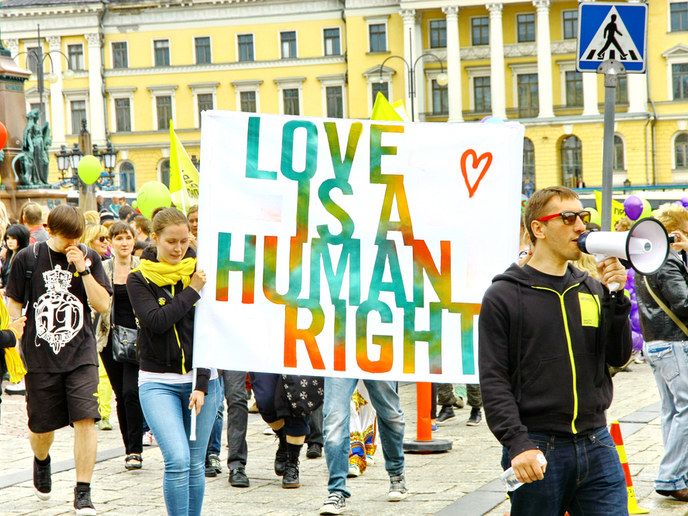Citizens from central and eastern Europe most vulnerable to deportation in post-Brexit Britain
Racism towards citizens from central and eastern European Union (CEEU) countries tarnished deportation policy in Britain even before Brexit took place and could shape post-Brexit policy, a study warns. The BRAD project, carried out at the University of Wolverhampton(opens in new window), also found EU citizens who had settled in the United Kingdom before Brexit were deprived of a voice in the press, an institution which helps determine deportation policy. “There was a representational pattern in the pro-Leave media of the ‘Vile Eastern European’ – the criminal coming to the United Kingdom from the ‘new Member States’, who is a threat to public security and moral order with his innate criminality,” says research fellow Agnieszka Radziwinowiczówna. With support from the Marie Skłodowska-Curie Actions(opens in new window) programme, Radziwinowiczówna analysed pro-Leave and pro-Remain British press, Polish media, deportation regulations and policy. Supervised by Aleksandra Galasińska, she carried out a case study among Polish migrants in the West Midlands in England, a popular region for migration, particularly with CEEU citizens. The region voted 59 % in support of the ‘Leave’ option in the 2016 EU referendum. Galasińska observes that while pro-Leave media presented EU citizens negatively or as cheap workers, even those against Brexit like The Guardian(opens in new window) didn’t portray them as part of a bigger collective of Europeans which included Britons, failing to quote them. “The narrative juxtaposed ‘us’ versus ‘them’,” adds Radziwinowiczówna. “In that sense Brexit happened even before the United Kingdom officially left the European Union.”
Targeting CEEU citizens
Despite the pro-Brexit argument that deporting EU citizens was impossible with Britain in the EU, between July 2019 and June 2020, before the transition period ended, almost half those deported from the United Kingdom were from Member States. CEEU citizens were most targeted, partly due to their negative image, and because they often couldn’t afford immigration lawyers. Lithuanians, Poles and Romanians made up 69 % of EU deportations, despite making up 39 % of EU citizens living in Britain. Some 188 CEEU citizens were even deported from April to June 2020 during lockdown. Radziwinowiczówna recounts(opens in new window) that one deportee boarded a chartered flight to Poland despite having tested positive for COVID-19.
High economic and personal costs
Radziwinowiczówna recommends an end to the profiling of CEEU citizens for deportation, and the restoration of free immigration legal aid. The poorest and most vulnerable EU citizens cannot afford to renew passports from their countries of origin, a necessary step for applying for British settled status, which is why Radziwinowiczówna urges EU members like Poland to waive consular fees for passports. In a guest article for the University of Oxford(opens in new window), she presses for changes to the United Kingdom’s requirements to avoid long-term residents in the United Kingdom being left paperless. She predicts poor migrants will continue to travel to the United Kingdom for work and will be at risk from employers unless the country revises its points-based visa system by lowering the salary threshold and removing the NHS surcharge. She sets out these reservations in an article(opens in new window) for the London School of Economics and Political Science(opens in new window). Homeless EU citizens were deported in a Home Office policy in 2016, the year of the referendum, which considered rough sleeping an ‘abuse’ of freedom of movement. The High Court found the policy unlawful in 2017, but Radziwinowiczówna notes: “Rough sleepers, another protagonist of media discourse, may soon become subjects of mass removals under the new immigration rules, regardless of their immigration status.”







